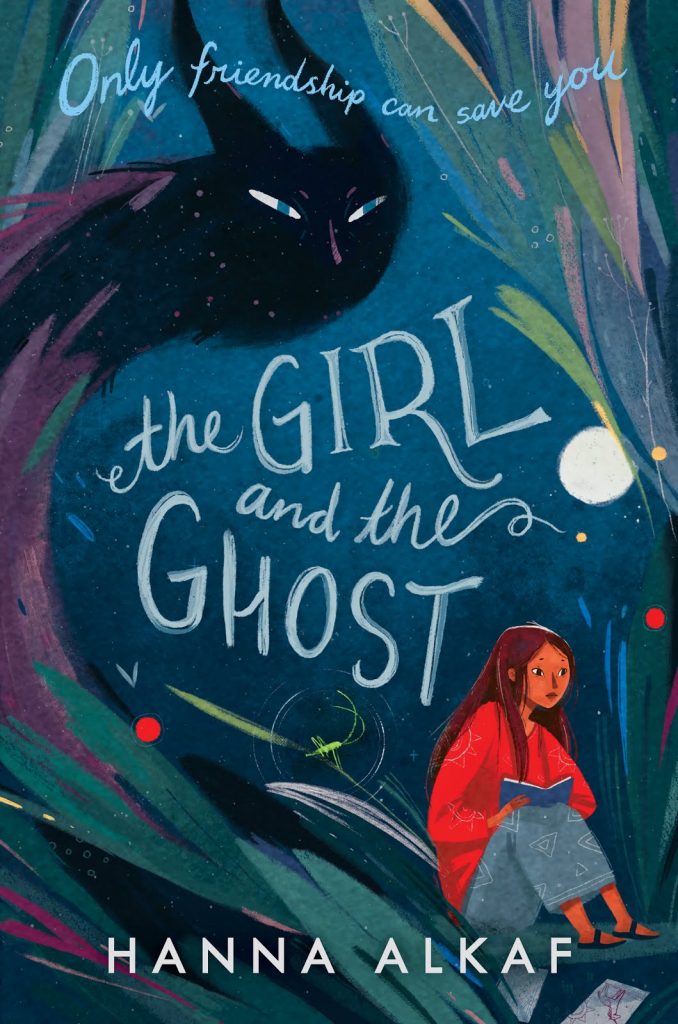

Part of that comes from how little we’re actually taught about the incident in school, and how rarely people are willing to even talk about it. Hanna Alkaf: I had been thinking about writing the May 13th riots into a story for a long time it had sort of sat in the recesses of my mind waiting for me to decide what form it wanted to take. Melati’s story was pretty harrowing for me-even as (or maybe because of it) an adult aware of the history. You tell readers that if they are not ready for the violence, OCD, racism, and other triggers, to not proceed. Ramakrishnan: Your disclaimer at the start of the novel is pretty intense. I spoke to Hanna Alkaf over email about digging up and honoring the past, mental wrestling with djinns, and being seen. For readers unfamiliar with the complexities of The Weight of Our Sky’s historical landscape, the novel is a rollicking, imaginative ride. The close rendering of Melati’s OCD episodes aided by a djinn figure further escalates the book’s turmoil and realism. As a minority with generations-deep roots in the capital, I found Hanna’s depiction to be respectfully complex and deeply emotional.

In 2019, the shadow cast by May 13 and its legacy remains over the country.įor Malaysian readers, many of whom have family memories of the riots, the novel offers a dramatization of that moment in ways never seen before on the page. In Malaysia, the incident has historically been only minimally discussed, usually as a cautionary tale and an excuse for silencing dissent over preferential economic policies to favor Malay Muslims over others put in place in its aftermath.


 0 kommentar(er)
0 kommentar(er)
